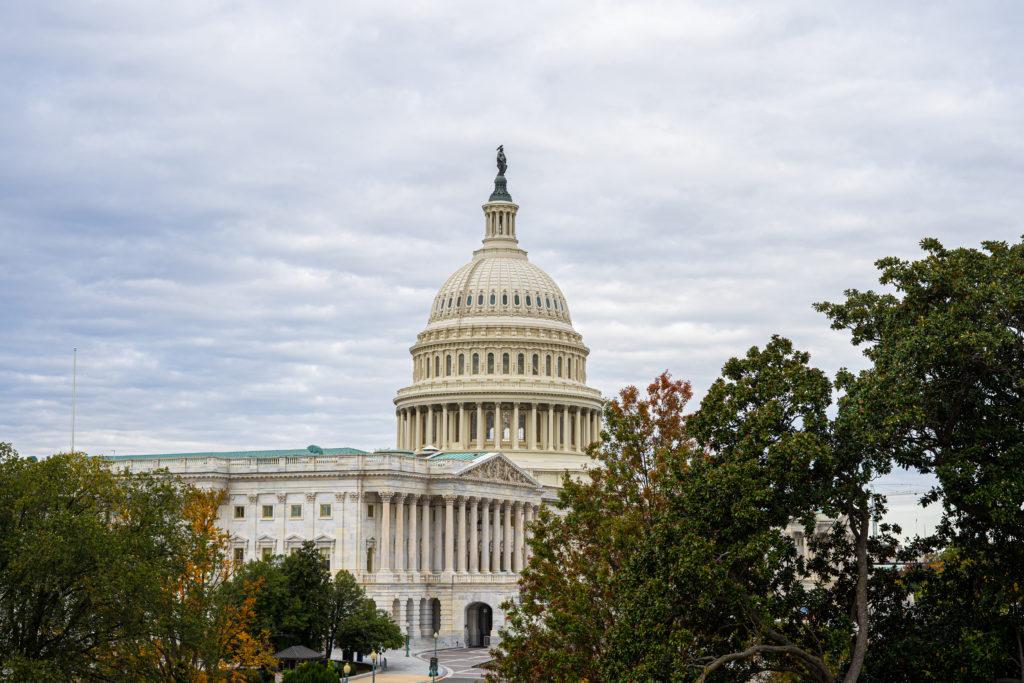The U.S. House of Representatives voted to nullify two D.C. Council bills Thursday, marking the first time in eight years the chamber has moved to throw out a D.C. bill.
The body passed resolutions disapproving two of the Council’s bills, including the revised criminal code which passed 250-173 and a bill allowing non-citizens to vote in D.C. elections, 260-162. The votes throwing out the bills received bipartisan support, with 31 and 42 Democrats joining Republicans in voting to reject the criminal code and voting bill, respectively.
The disapproval resolutions now move to the Senate floor, where Democrats hold a 51-seat majority, and will go to President Biden’s desk if the disapprovals pass.
“We have two acts from the Washington, D.C., council that will dilute the vote of American citizens and endanger city residents and businesses,” House Speaker Kevin McCarthy, R-C.A., said Thursday.
The House voted to repeal D.C. Council’s revised criminal code, which the Council passed in November to update “outdated” criminal laws that went unchanged for more than a century, but officials have been working on updating the code for more than a decade. The revised code includes the retirement of all mandatory minimum sentences, expansion of jury trials for misdemeanor convictions and inmates’ ability to petition for a reduced sentence to a judge.
The Council overrode D.C. Mayor Muriel Bowser’s veto of the code in January with a 12-1 vote amid Bowser’s qualms about gun access in the District and the code’s ability to keep the community “safe.”
The D.C. Council passed the Local Voting Rights Amendment Act in November, which allows non-U.S. citizens the right to vote in D.C. local elections. Congressional Republicans said this puts the integrity of the American election system “at risk” at a Monday meeting.
Eleanor Holmes Norton, D.C.’s nonvoting delegate in the House, said there is “never” justification for the House’s interference in D.C.’s local government in her remarks on the House floor Thursday.
“There is only one question before the House,” Norton said in a Thursday release. “The question is: do you believe in democracy?”











